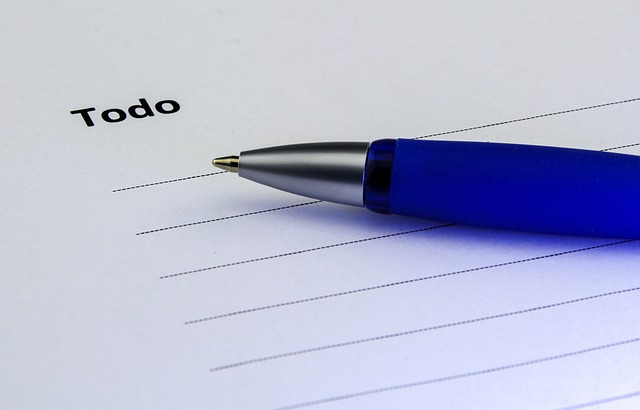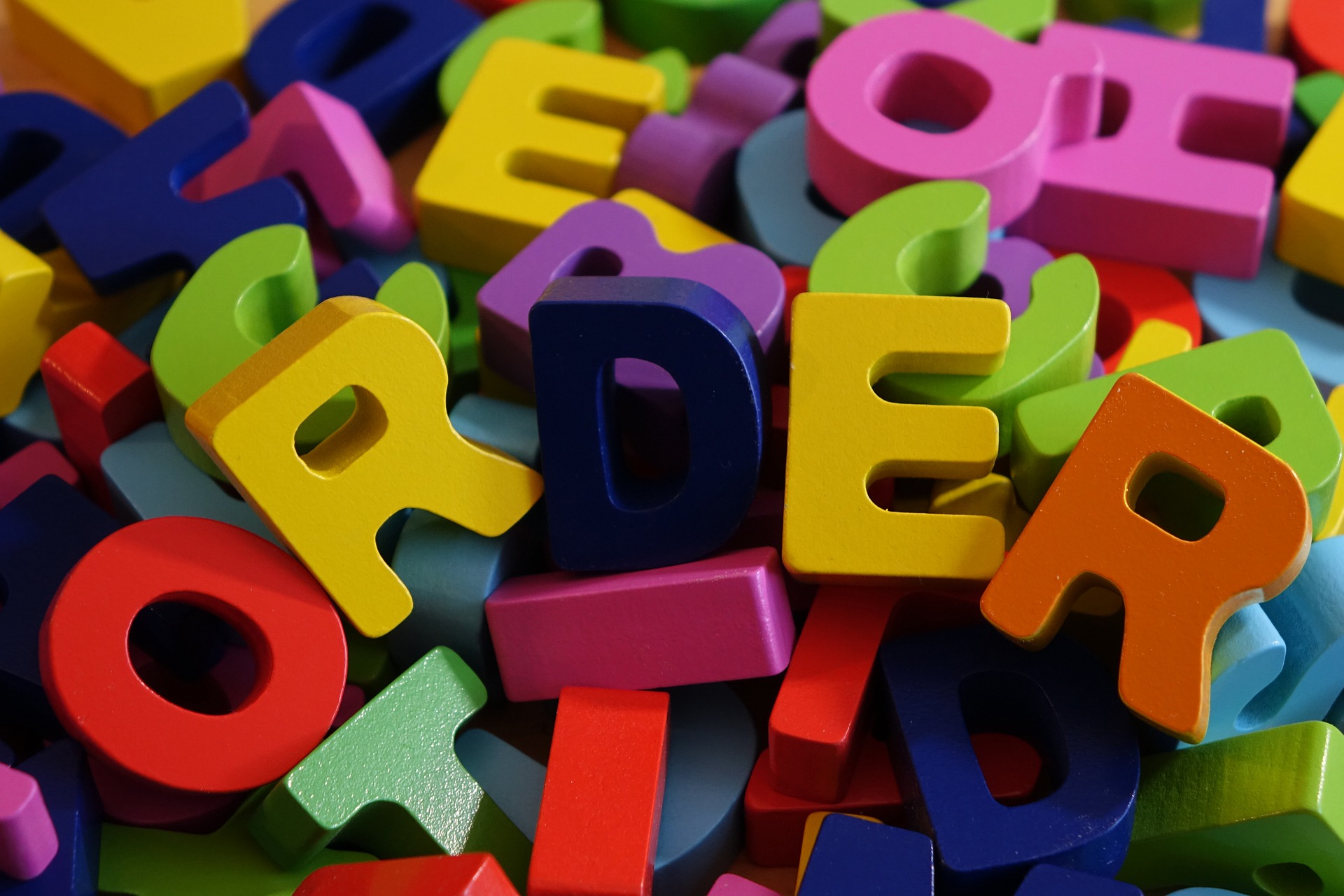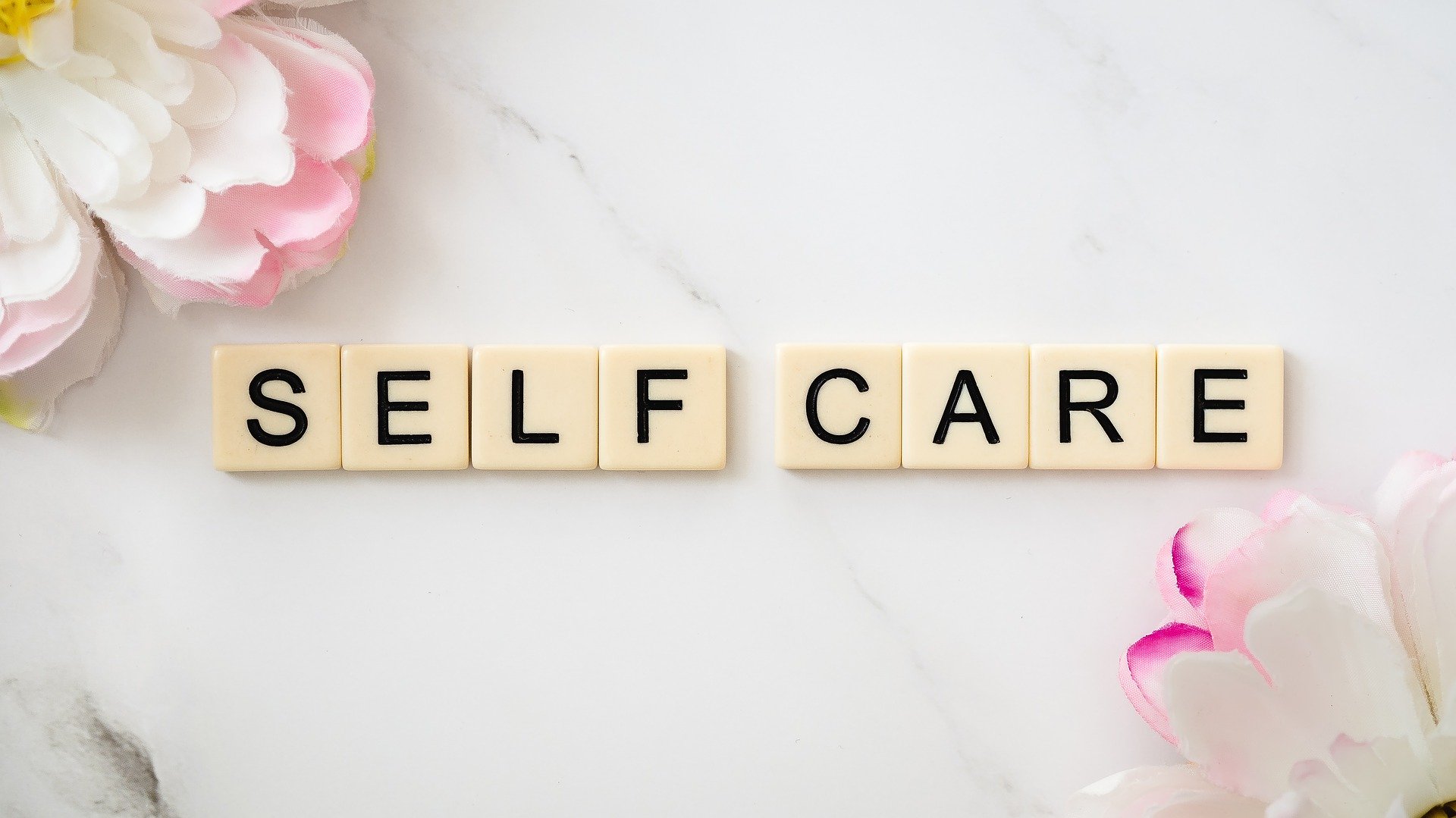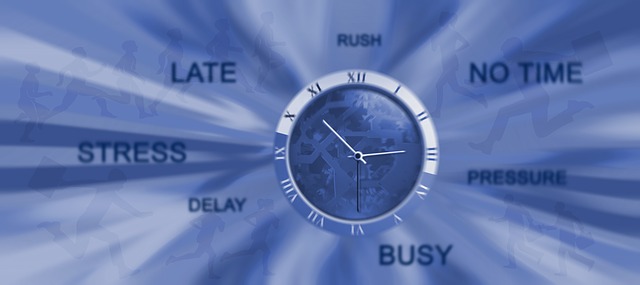
There are many benefits to writing a to-do list. However, despite the gain, there are some people who will resist them. Let’s take Mary for example. Mary is an artist with a very active lifestyle. Her professional and personal life combined has her going in many directions. Mary told me that she was starting to feel overwhelmed and some of her tasks were falling through the cracks. When I inquired if she was using a to-do list to help her plan out her day, she informed me that “occasionally” she would scribble a few things down.
Although Mary was made aware of how a list could help manage her stress, she still resisted using one for a very long time. She said, it stifled her flexibility. She felt that if she kept a list, it would tie her down and restrict her creativity. This is not an unusual response ( at least I found in my practice) with very creative people. They have adopted a belief that putting their thoughts down in order will somehow interfere with their creative flow.
Gradually, though, Mary came around. The busier her life became, the more crucial it was to have some sort of running agenda on hand. Before long, not only did she embrace her to-do list but Mary even started scheduling some of those items onto a weekly calendar. In other words, she reluctantly become a planner.
Looking back, Mary admits that it wasn’t the actual writing of the list that she found so difficult, as it was the transition of doing so. She now understands that she had emotional blocks surrounding her beliefs about to-do lists. Once Mary was able to work through her roadblocks, she had a different perspective of drawing up a list. She is now in agreement that planning helps her get things done more efficiently and does not interfere with her creative nature.
Here’s the psychology of the to-do list – studies have shown that people perform better when they have written down what they need to do. There are three reasons for this: they dampen anxiety about the chaos of life; they give us a structure, a plan that we can stick to; and they are proof of what we have achieved that day, week or month. (the guardian.com)
Simply put, the brain loves order. That’s why being organized makes us feel so good.
If you’re interested in finding ways to make your life easier and more manageable, you can schedule a consultation with me by CLICKING HERE.









